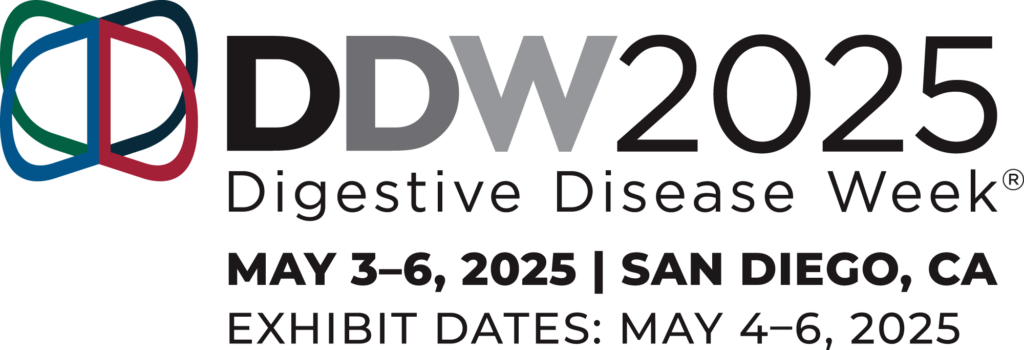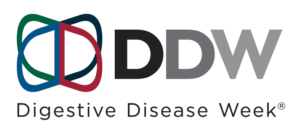San Diego, CA (May 22, 2022) — Liver transplants from drug overdose donors rose significantly in the pandemic’s first year, helping keep the number of liver transplants in the U.S. stable despite COVID-19 disruptions, according to a study to be presented at Digestive Disease Week® (DDW) 2022.
“When the pandemic began, we saw no decline in liver transplants, which seemed surprising since many surgeries were canceled or postponed,” said lead author Peter Lymberopoulos, a fourth-year medical student at St. George’s University. “Sadly, a key reason seems to be a surge of organ donors who died from drug overdose.”
Using the U.S. organ donation registry, operated by the United Network for Organ Sharing, the research team examined characteristics of donors for all solid organ transplants, including livers, during two 14-month periods, both before the pandemic began and afterwards. They identified those transplants from drug overdose donors to determine the extent of changes during the pandemic.
“Among liver transplants, we found that the number of overdose donors rose at a surprising rate in the pandemic’s first 14 months, compared to the previous 14 months,” said Lymberopoulos. “Organ transplants are experiencing success, but it often comes at a cost. In many cases, that cost is primarily young males dying prematurely from overdoses.”
Researchers found that the percentage of livers from donors who died of overdose increased by 26 percent – from 15.1 percent to 18.3 percent – from the pre-COVID period (Jan. 1, 2019, to Feb. 29, 2020) to the COVID period (May 1, 2020, to June 30, 2021). The analysis excluded transplants that occurred in March and April 2020, due to the COVID-related disruptions at hospitals in those months. For all solid organ transplants, they found that use of drug overdose donors increased by 31.2 percent, from 14.2 percent to 17.2 percent.
This study builds on other research showing increasing organ donations from overdose deaths during the decades-long opioid crisis in the U.S. and documenting the safety of those transplants. Many overdose victims are young, with few or no other health conditions, such as hypertension or diabetes, that would affect organ transplant viability. The study did not examine why more livers from overdose deaths were available, but researchers postulated that pandemic-related socioeconomic stressors contributed to increases in drug overdose deaths and that most were likely opioid-related since opioids account for approximately 70 percent of fatal overdoses nationally.
To build on this research, the team plans to examine further organ donation data to see whether this trend continued into the pandemic’s second year.
DDW Presentation Details
Dr. Lymberopoulos will present data from the study, “Utilization of drug overdose donors for liver transplantation during COVID-19 pandemic,” abstract Su1373, on Sunday, May 22, at 12:30 p.m. PDT. For more information about featured studies, as well as a schedule of availability for featured researchers, please visit www.ddw.org/press.
###
Digestive Disease Week® (DDW) is the largest international gathering of physicians, researchers and academics in the fields of gastroenterology, hepatology, endoscopy and gastrointestinal surgery. Jointly sponsored by the American Association for the Study of Liver Diseases (AASLD), the American Gastroenterological Association (AGA) Institute, the American Society for Gastrointestinal Endoscopy (ASGE) and the Society for Surgery of the Alimentary Tract (SSAT), DDW takes place May 21 – 24 in San Diego, California and virtually. The meeting showcases more than 3,100 abstracts and hundreds of lectures on the latest advances in GI research, medicine and technology. More information can be found at www.ddw.org.





